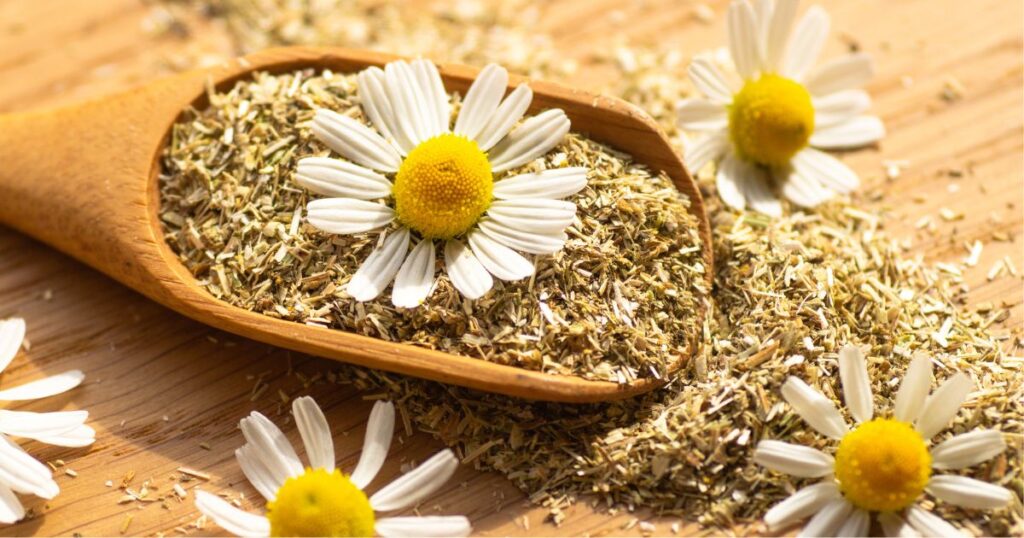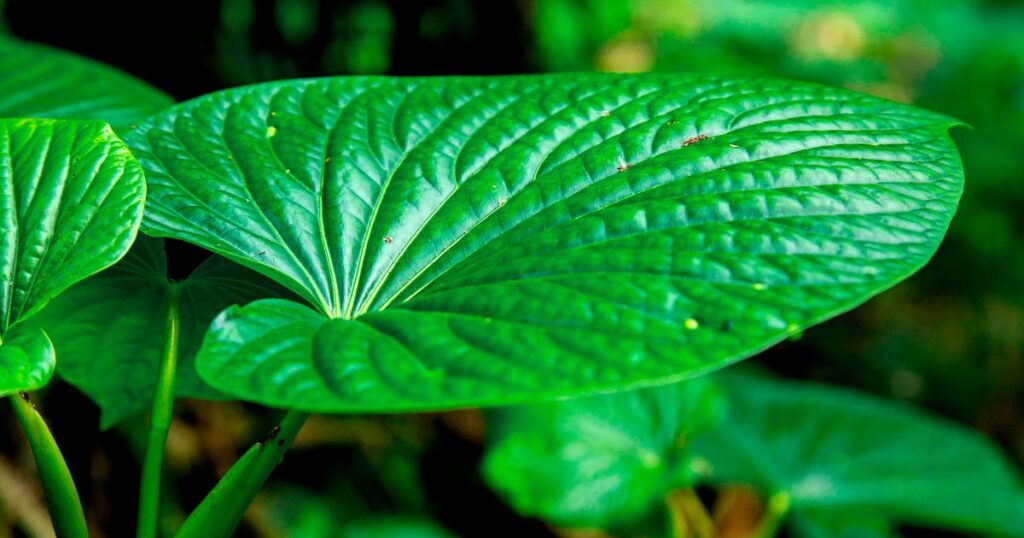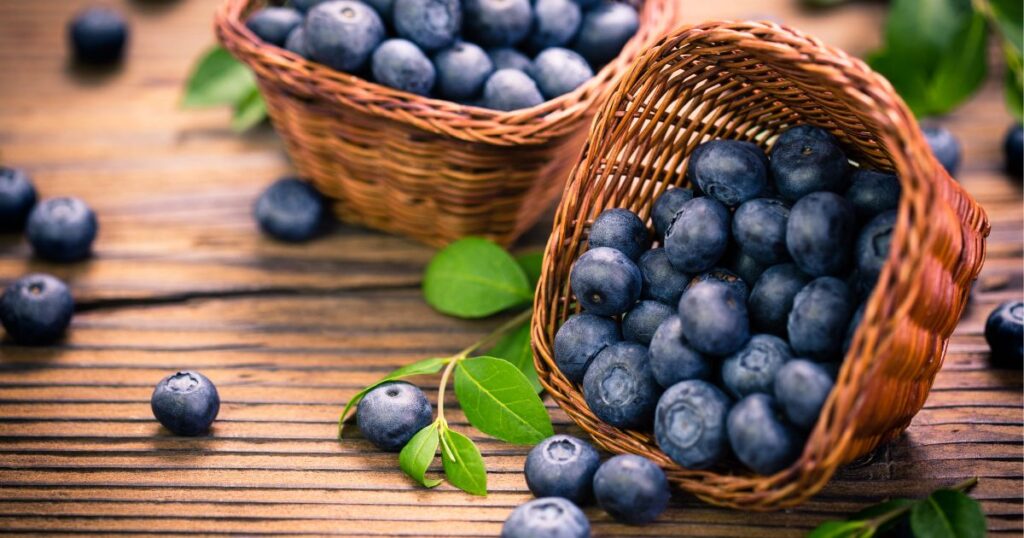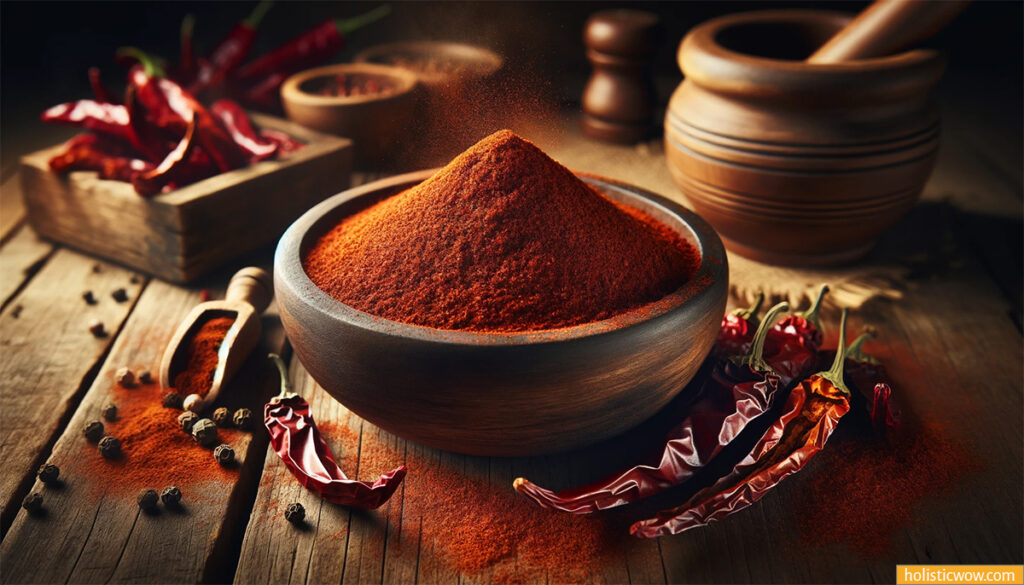Muscle tightness and discomfort can disrupt our daily lives, making exploring natural remedies for relief essential. Muscle relaxants are one of the treatments currently used to manage non-specific lower back pain [1]. These natural solutions include various methods and substances that reduce muscle tension and promote relaxation without using pharmaceutical drugs [20]. In this article, we’ll delve into the world of natural muscle relaxers — gentle yet effective solutions to alleviate these issues. Discover how nature’s remedies can bring comfort and ease to your muscles so you can lead a more relaxed and pain-free life.
Natural muscle relaxers are remedies that alleviate muscle spasms and discomfort. They relieve conditions like rheumatoid arthritis and muscular pain caused by musculoskeletal issues or injuries, such as lower back pain. [2]
Key Takeaways
- Chamomile’s muscle-relaxing properties stem from flavonoids like apigenin, luteolin, and quercetin, aiding in soothing muscles. [3]
- Kava’s kavalactones offer muscle relaxation and stress relief, rooted in South Pacific traditions. [4]
- Beetroot juice, rich in nitrate, enhances muscle function, improving blood flow and calcium efficiency. [5]
7 Best Natural Muscle Relaxers
Chamomile

Chamomile, revered in traditional medicine, boasts muscle-relaxing properties, making it a potential ally against muscle soreness. Derived from the Matricaria recutita plant, chamomile is cherished for its soothing, antispasmodic, antiseptic, and anti-inflammatory qualities . What’s inside chamomile that grants it these benefits? It contains crucial flavonoids like apigenin, luteolin, quercetin and alkylated flavonoids such as chrysoplenin, chrysoplenol, and jaceidin. [3]
Chamomile doesn’t stop at muscle relaxation; it’s also renowned for addressing various gastrointestinal issues. It helps ease smooth muscle spasms associated with inflammatory disorders of the gastrointestinal tract [6].
Historically, chamomile has treated a spectrum of ailments, including digestive troubles like indigestion, diarrhea, and flatulence. It’s been a trusted remedy for childhood colic, croup, and fevers. In women, it serves as an emmenagogue and uterine tonic. Moreover, it aids in alleviating arthritis, back pain, bedsores, and stomach cramps. Beyond physical discomfort, chamomile’s soothing influence extends to the realm of mental health. As an aqueous extract, it’s used to calm nerves, combat anxiety, and address sleep disturbances like insomnia. [7]
Chamomile’s versatility is reflected in its various forms, with many opting for dried chamomile flower powder to tackle longstanding health concerns. [7]
Kava

Kava, also known as kava kava, ‘Awa, or ‘awa, derives from the roots of the Piper methysticum plant, a perennial shrub in the South Pacific [4]. This natural remedy has gained recognition for its muscle-relaxing properties, among other benefits.
Traditionally, kava is prepared by crushing, grinding, or powdering the root and soaking it in water to create a soothing tea. This tea has deep cultural roots and is often consumed socially and as part of traditional ceremonies across the South Pacific Islands. In smaller doses, kava offers muscle relaxation, inducing feelings of well-being and sleepiness.
Kava’s magic lies in its active compounds, the kavalactones. However, it’s important to note that the strength of kava can vary due to factors like soil type, sunlight, water conditions, and plant variety. The dosage strength also depends on how the tea is prepared and the amount of powdered kava added to the water.
In modern times, kava-based products are used to combat stress, anxiety, and insomnia. However, long-term use and large doses of kava can lead to a range of health problems, including malnutrition, weight loss, apathy, dilated pupils, reddened eyes, nausea, drowsiness, and reduced muscle control.
If you’re considering kava for its medicinal benefits, it’s advisable to consult a healthcare professional first [8]. Kava has been marketed as a dietary supplement in the U.S. for stress management and relaxation, with a plethora of products available from various suppliers. [4]
Beetroot Juice
Beetroot juice, surprisingly, holds a secret for relaxing your muscles naturally. It’s packed with inorganic nitrate (NO3−), which can boost your blood’s nitric oxide (NO) levels. Now, why is this important? This physiological phenomenon plays a crucial role in vasodilation, the dilation of blood vessels, ultimately leading to enhanced blood circulation. Consequently, this process yields significant and beneficial impacts on muscle function.
Studies have shown that drinking beetroot juice can boost your workouts, especially if they involve a lot of energy-hungry processes. It seems that beetroot juice can make your muscles work better and faster. The nitric oxide helps more blood flow to your muscle fibers, ensuring they get the oxygen and nutrients they need. This is particularly true for type II muscle fibers involved in high-intensity efforts.
Additionally, beetroot juice seems to help these type II muscle fibers release and take up calcium more efficiently, which is crucial for muscle strength. So, if you’re gearing up for intense workouts or activities that require these muscle fibers, like high-intensity training, beetroot juice might give you a natural edge. [5]
Blueberries

Blueberries, renowned for their “super fruit” status, offer more than just taste. Packed with antioxidant anthocyanins, they contribute to muscle relaxation. These anthocyanins give blueberries their vibrant colors and are key to their health benefits. Blueberries promote muscle relaxation by enhancing nitric oxide (NO), a natural vasodilator. NO signals smooth muscles to relax, increasing blood flow and reducing blood pressure. This effect is vital for muscle relaxation. Additionally, blueberries combat high-glucose-induced damage, boost antioxidants, and lower reactive oxygen species (ROS). So, add these flavorful berries to your diet to keep your muscles relaxed and healthy. [9][10]
Cayenne Pepper

Cayenne pepper, commonly used to spice up our meals, possesses remarkable qualities beyond adding heat, primarily due to its active component, capsaicin [11]. This natural substance, derived from red pepper, boasts a wide array of biological benefits, particularly when it comes to muscle relaxation.
Capsaicin triggers smooth muscle relaxation when applied acutely to blood vessels, followed by a delayed contraction. The relaxation occurs due to the release of CGRP (calcitonin gene-related peptide), while the contraction likely results from capsaicin’s direct impact on vascular smooth muscle. [12]
Interestingly, capsaicin supplementation has been linked to improved exercise performance. In one study, 12 mg of capsaicin enhanced resistance exercise performance, improved middle-distance running capabilities, and reduced the sense of exertion (RPE) in physically active individuals, signifying increased muscle strength.
But the benefits of cayenne pepper don’t stop there. It’s also a natural remedy for managing pain, such as acute or chronic back pain and rheumatism [13]. Moreover, capsaicin influences gut microbiota and exhibits anti-obesity effects.
In the vascular system, it stimulates TRPV1 receptors on endothelial cells, leading to increased production of vasodilators. This, in turn, reduces ischemic injuries, potentially benefiting cardiovascular and neurological disorders. [14]
Vitamin D
Vitamin D is more than just a bone health booster; it also plays a significant role in muscle function. When you’re deficient in vitamin D, your muscles can suffer. This deficiency can lead to changes in muscle contraction kinetics, causing the relaxation phase of muscle contraction to take longer.
In essence, vitamin D ensures the smooth interplay between calcium (Ca2+) in your muscles and mitochondria, which is crucial for energy metabolism. The active form of vitamin D, 1α,25(OH)2 D3, helps maintain the right balance of calcium and phosphorus in your body, which is critical for skeletal health. It also regulates muscle tone and contraction.
Interestingly, correcting a vitamin D deficiency can alleviate myopathy symptoms and fatigue. Patients with low back pain who received vitamin D supplementation experienced improved mitochondrial function in their skeletal muscles. [15]
Furthermore, vitamin D boosts muscle protein synthesis, enhances physical performance, muscle strength, mass, and endurance, and reduces Delayed Onset Muscle Soreness (DOMS). Studies even suggest a link between low 25(OH)D levels and fast-twitch muscle fiber atrophy, highlighting the importance of vitamin D for proper muscle function. [16]
Magnesium
Magnesium, the fourth most abundant mineral in the body, plays a vital role in various physiological functions. It is a cofactor in over 300 enzymatic reactions, contributing to muscle relaxation, bone health, and more [17]. The body maintains magnesium balance through the intestines, bones, and kidneys. When you consume magnesium, about 24–76% is absorbed in the gut, while the rest is expelled through feces.
You might not realize it, but even the water you drink can provide around 10% of your daily magnesium needs. Magnesium-rich foods include green vegetables, nuts, seeds, and unprocessed cereals, with smaller amounts found in fruits, fish, meat, and dairy products [17]. Supplements are available in various forms, like magnesium oxide, chloride, and citrate. Magnesium is sometimes used in several laxatives. [19]
When stress and anxiety tighten your muscles, magnesium comes to the rescue. It’s crucial for muscle function and promotes muscle relaxation. A magnesium deficiency can lead to increased muscle tension and cramps. Additionally, magnesium aids sleep by regulating the neurotransmitter GABA, essential for quality rest. Its role in reducing muscle tension and regulating the nervous system contributes to a more peaceful night’s sleep. [18]
Summary
Explore the world of natural muscle relaxers in this informative article. Discover how these remedies can be valuable in your quest for muscle relaxation and comfort. From the soothing properties of chamomile to the muscle-relaxing effects of kava and the potential performance boost from beetroot juice, there’s a range of natural options to consider. Blueberries, cayenne pepper, vitamin D, and magnesium also appear, each with unique benefits for muscle health. These natural solutions offer a holistic approach to addressing muscle tension and discomfort, providing a more relaxed and pain-free way to enjoy daily activities.
FAQ
What is the strongest herbal muscle relaxer?
Among herbal options, kava (Piper methysticum) is recognized for its muscle-relaxing properties, providing relief from muscle tension and promoting relaxation. [4]
How do you relax tight muscles naturally?
Natural muscle relaxers like chamomile, kava, beetroot juice, blueberries, cayenne pepper, vitamin D, and magnesium can help relax tight muscles by reducing muscle tension and promoting relaxation. [3 [4] [5] [9] [14] [15] [17]
What root is a natural muscle relaxer?
Kava, derived from the roots of the Piper methysticum plant, is a natural muscle relaxer known for its ability to induce relaxation and alleviate muscle tension. [4]
What herbs work as muscle relaxers?
Chamomile, kava, and cayenne pepper are herbs with muscle-relaxing properties. They help reduce muscle tension and promote relaxation. [3][4][14]

